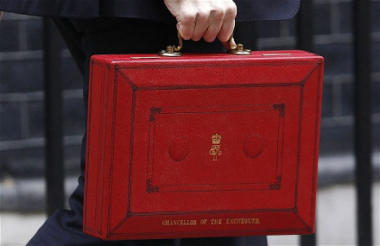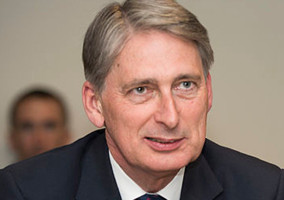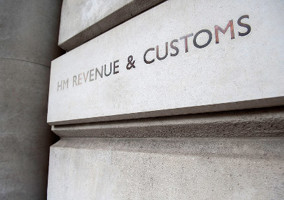So another day, another rubbish Budget for the voluntary sector.
To be fair, the voluntary sector might have been disappointed with this Budget, but so was everyone else. It had nothing for anybody.
Its main announcement - £20bn for the NHS - was made months ago. Its other big pronouncement - an end to austerity - didn’t appear to be noticeably true, although it was nice to hear them suggest it might be a good idea.
Obviously the chancellor is fiddling round the edges because of Brexit, which has the potential to be a economic car crash.
The few announcements for charity were of a scale as to be meaningless. Tens of millions are neither here nor there. Change here is measured in the billions, and after years of governmental neglect, billions is what we need.
Anyway, it’s worth talking a little bit about what we didn’t get.
Strategic investment
Once again, the government has offered half a dozen or so little pots of cash for charities, with little rhyme or reason. It's as if the sector is nothing but window dressing. Parsley on the red meat of the Budget.
Yet it’s a truth universally acknowledged that long-term unrestricted grant funding is worth more than twice as much as short-term pots of cash. This type of money is sadly headline grabbing but really almost useless in practical terms.
All we need is grants, basically, and we’re waiting around for a big play here.
There are frequent occasions when the government receives a capital windfall of one sort of another, and we need one of them to endow a fund to replace council grant funding for community organisations. We've seen this vital funding wither away in recent years.
Dormant assets is the obvious one, but there are plenty of other opportunities too. In theory it could even be generated essentially for free. If government underwrote a charity bond issue, for example, it could generate up to a billion pounds for charities and potentially make a small profit for the taxpayer, at virtually no risk to itself. (Issue 20-year government backed bonds at 2 per cent or so. Sink the cash into an ethical financial portfolio and get returns of 7-8 per cent. Build a significant endowment over a decade, repay the capital, and then start giving.)
That’s probably too much of a reach to get traction with our current leaders, but however it’s done, we need some funding to put some meat on the bones of the elegant government vision for civil society, which Danny Kruger wrote wonderfully, and which Jeremy Wright appears to have stored in the round filing cabinet.
Tax relief
We'd all love to see an end to the ludicrous charity VAT rules which use up so much time, distort so many activities, and cost charities £1.5bn a year. We'd like the money, mostly, but we’d also like a return to the simple presumption that money given away for the public benefit should not be taxed.
That said, we don’t want fiddly new tax incentives. If you’re going to give charities cash, give cash. It’s more efficient and more likely to reach poorer areas.
Rather than all the time wasted on the Gift Aid Small Donations Scheme, government could just have given UK Community Foundations £200m to give to small charities in deprived areas. It would have had twice the impact in half the time, and no one would ever have had to understand the community buildings rule.
A fair economy
Really, a good Budget for charities is not one with nifty tax reliefs for giving; it’s a good Budget for beneficiaries.
Sadly, it wasn’t one of those, either.
The voluntary sector obviously works to ameliorate disadvantage among specific populations - the poor, the sick, those needing care. But most of those populations are linked in some way. They are people suffering disadvantage because they were failed by their economy and society. And there is no use charities picking people up and putting them back on their feet, if the state does nothing to keep them there. Or actually knocks them down again.
With that in mind, it’s hard not to ask what’s going on. Why have we given a multi-billion pound tax cut to businesses which they just passed on to their shareholders? Why have we just handed the wealthiest 10 per cent a tax cut worth almost £400 a year? Why do we continue to persist with the laughable iniquities of Universal Credit?
For charities the big ticket items are more spending on children, care, health and benefits. There was some of that here, but far more is needed.
One thing we did get
It’s worth remembering, of course, that Budgets can go wrong as well as right, and the one time in recent memory that a chancellor did mention charities in the bill, it was to slap a huge tax on giving. So the one good thing is that he didn’t make things worse.
|
Related articles












